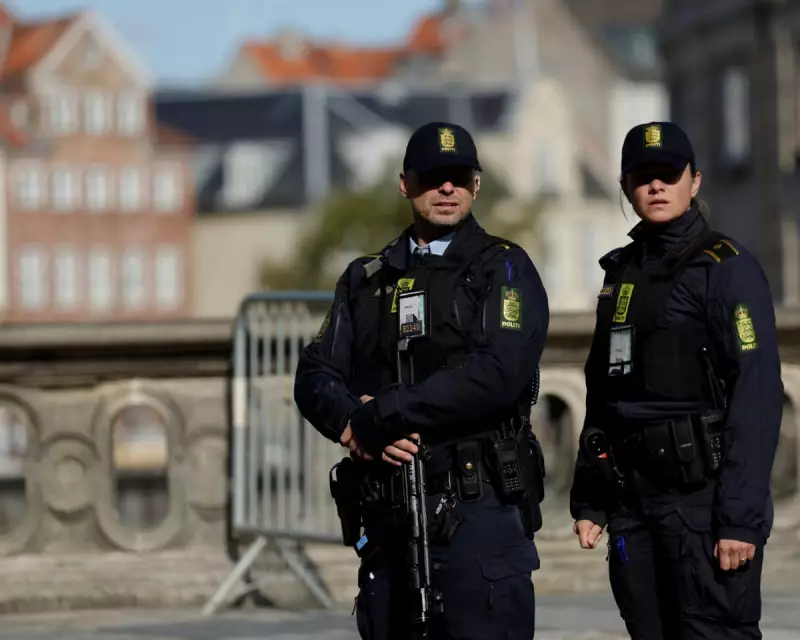
Estonia's top intelligence official has issued a stark warning to European allies, suggesting Vladimir Putin may be preparing large-scale military operations as a diversionary tactic. The alert comes at a critical moment as EU leaders gather to discuss one of Europe's most ambitious defence projects: a coordinated "drone wall" along its eastern frontier.
Intelligence Chief's Grave Warning
In an exclusive briefing, Estonian Foreign Intelligence Service chief Kaupo Rosin revealed that Russia appears to be creating conditions for potential major offensive actions. "We see Russia is trying to keep the initiative," Rosin stated, emphasising that Moscow's actions could be designed to distract Western attention from other strategic objectives.
The timing is particularly significant, with EU defence ministers meeting to finalise plans for a comprehensive drone surveillance and defence system stretching from the Baltic to the Black Sea. This high-tech barrier aims to protect member states from increasing aerial threats, including drones and missile attacks.
The Drone Wall: Europe's High-Tech Shield
The proposed drone defence network represents a fundamental shift in European security strategy. Rather than relying solely on traditional military defences, the system would integrate:
- Advanced detection radars capable of identifying small, low-flying drones
- Electronic warfare systems to disrupt or disable hostile unmanned aircraft
- Interceptor drones designed to neutralise incoming threats
- Real-time data sharing between NATO and EU member states
This initiative gains urgency following numerous incidents of Russian drones violating NATO airspace and increased hybrid warfare tactics along Europe's eastern borders.
Broader Security Implications
Beyond the immediate drone threat, European officials express growing concern about Russia's increasing defence production capacity. Despite international sanctions, Moscow has successfully ramped up manufacturing of missiles, drones, and artillery shells, posing a long-term challenge to European security.
The Estonian warning underscores the complex nature of modern hybrid warfare, where conventional military actions may serve as cover for other strategic objectives. As one EU diplomat noted anonymously, "We're learning that in 21st century conflict, the most dangerous threats often come from directions we're not watching."
With winter approaching and Ukraine's ammunition supplies dwindling, European leaders face mounting pressure to accelerate both immediate military support for Kyiv and long-term defensive infrastructure for the continent.





